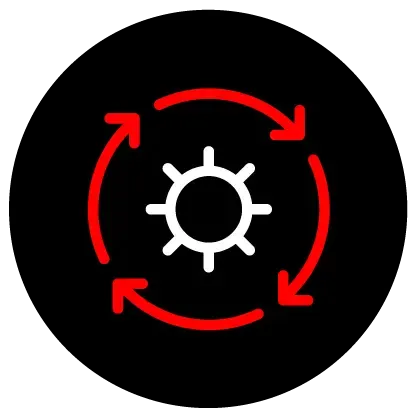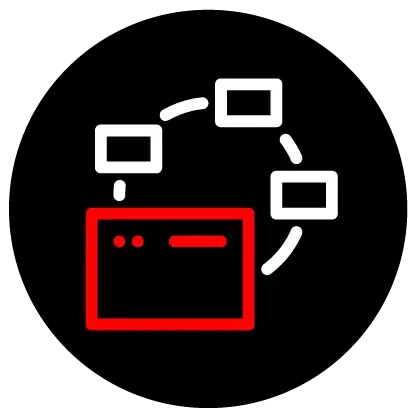Node.js at the edge
Red Hat build of Node.js is an open-source JavaScript runtime environment designed to build modern scalable applications.
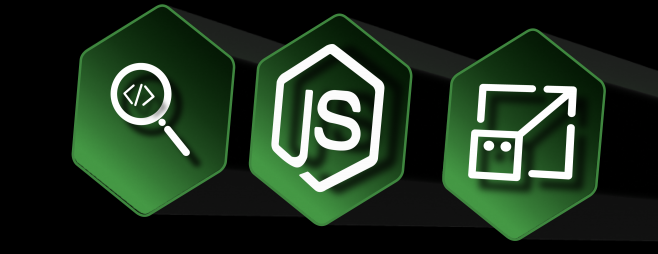
Red Hat's products for Edge
Red Hat offers a comprehensive toolkit for Edge deployments, including Fedora IoT for the operating system, container development tools like Podman for building and managing containers, and MicroShift as a Kubernetes-native implementation of the OpenShift Container Platform optimized for edge computing. Additional tools such as Red Hat Advanced Cluster Managed for Kubernetes for Red Hat Advanced Cluster Security for Kubernetes for advanced container orchestration can be added to further enhance your Edge deployments.

Red Hat Device Edge is a flexible platform that consistently supports...
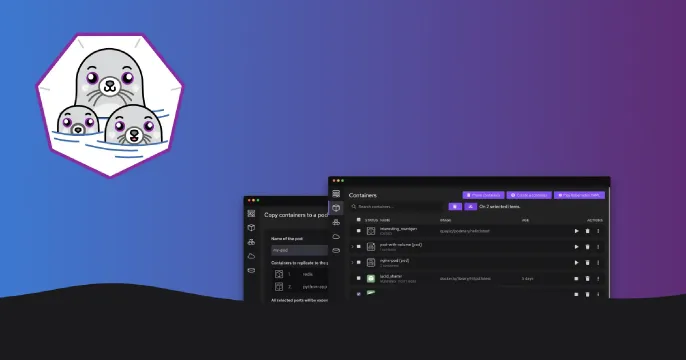
Podman is a daemonless container engine for developing, managing, and running...
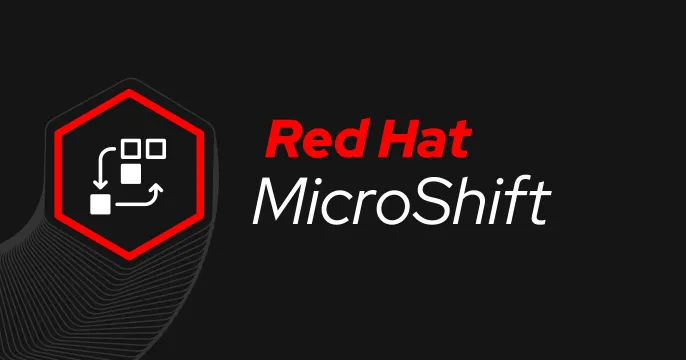
MicroShift is a Kubernetes-native implementation of the OpenShift Container...
Get started with Node.js at Edge
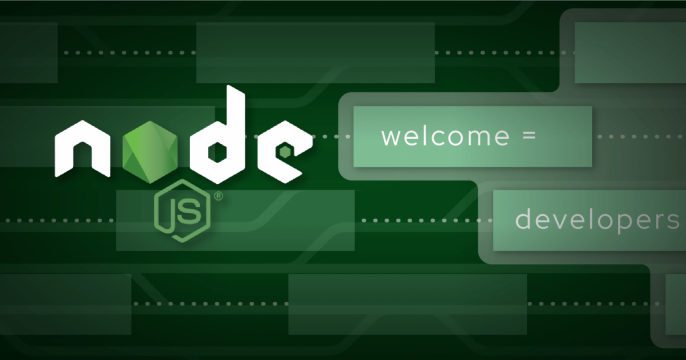
Learn how to run Node.js applications at the network edge with Red Hat...

Learn how to build and deploy a Node.js application to an edge device using...

Learn how to run a container on an device using Kubernetes and manage it...


